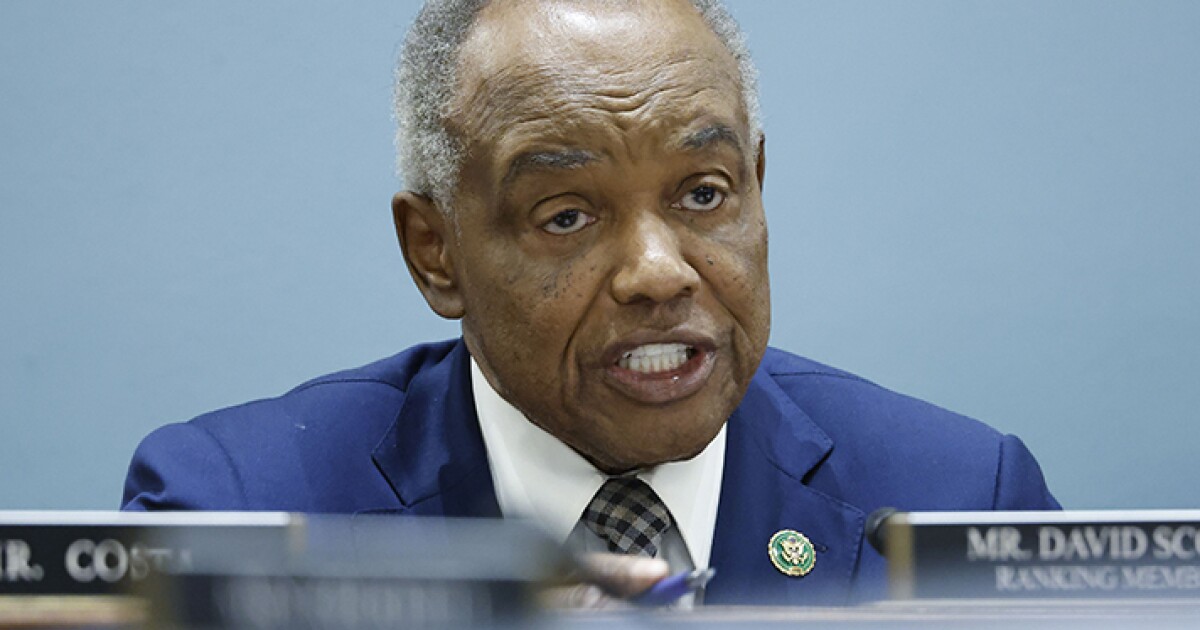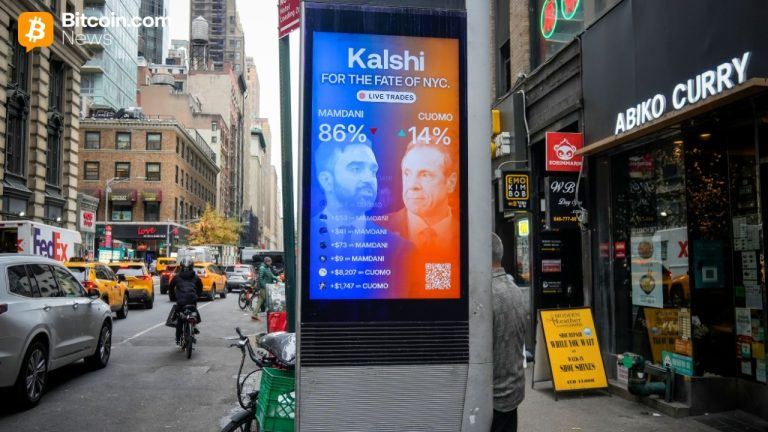MSRB’s one minute reporting change under spotlight in House hearing
3 min read

The Securities and Exchange Commission’s “regulation by enforcement” came under fire on Tuesday during a House Financial Services hearing that brought into question how effective its enforcement wing is at doling out punishments and how effective certain regulatory matters can be on their own.
Some lawmakers said they were concerned about regulatory trends like the Municipal Securities Rulemaking Board’s controversial move to a one minute trade reporting standard, which is currently under
“My concern is this: if we force overly complicated rules, we risk having more small businesses and more start ups losing their ability to raise capital,” said Rep. David Scott, D-Ga., citing MSRB statistics from 2022 that found 73% of trades subject to the current 15-minute window were reported in under a minute, and that 97% of trades were reported in under five minutes.
Bloomberg News
“A number of comments have raised concern with the technological feasibility of the proposal, arguing that subjecting the fixed income market to any short requirement was a misguided approach,” Scott added, asking a witness to elaborate on the difference between bond and equity markets and what this could mean going forward.
“Bond markets tend to be decentralized, over the counter markets,” said Paul Eckert, professor at the College of William & Mary Law School. “I’ve represented a number of clients in this area over the years but what the SEC, FINRA and the MSRB are doing is to try and equitize debt markets a little bit,” he added. “In terms of trade reporting and transaction reporting and increased demands on the fixed income side, there are always concerns with incremental increases in trade reporting and shortening the timeframe that you will chill liquidity, which is a big concern in our markets.”
Scott probed further as to whether a manual trade exception would strike the appropriate balance between shorter timeframes and disruptions to the marketplace.
“I don’t think I’ve ever advocated too rapid a trade reporting system,” Eckert said.
The SEC’s climate rules, currently on pause due partly to the large number of lawsuits the Commission is facing, was another talking point where the market preferred the regulation instead of enforcement.
“I do prefer rulemaking in this context but that doesn’t mean the rule is ready to go,” said Nick Morgan, president and founder of Investor Choice Advocates Network and a pro bono SEC enforcement defense trial lawyer. He went on to say that the benefit of rulemaking is for the market to look at the proposed rule, comment on it, digest it and then for the regulator to respond.
“Unfortunately with regard to that specific climate disclosure rule, the final rule changed substantially from the previous version,” Morgan said. “So the public was denied the opportunity to comment on that.”
Much of the rest of the hearing debated the merits of the SEC’s recent focus on cryptocurrency, an industry likely in the top spot of market segments being regulated by enforcement and noted throughout the hearing in examples such as the recent high profile lawsuit the SEC intends to level at Robinhood.
“BDA supports full enforcement of our securities laws and regulations,” Michael Decker, senior vice president of research and public policy at Bond Dealers of America told The Bond Buyer. “Too often, however, the enforcement process is used to effectively change existing rules or impose new compliance standards outside the formal rulemaking process. This regulation by enforcement is inefficient and, to the extent it sidesteps the rulemaking process, illegal. We urge the SEC to focus its enforcement actions on violations of existing rules rather than using the enforcement process as a way to avoid formal rulemaking.”







